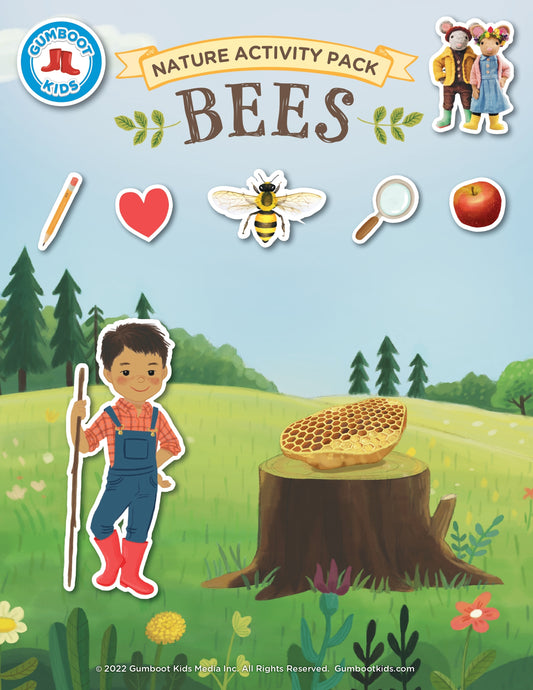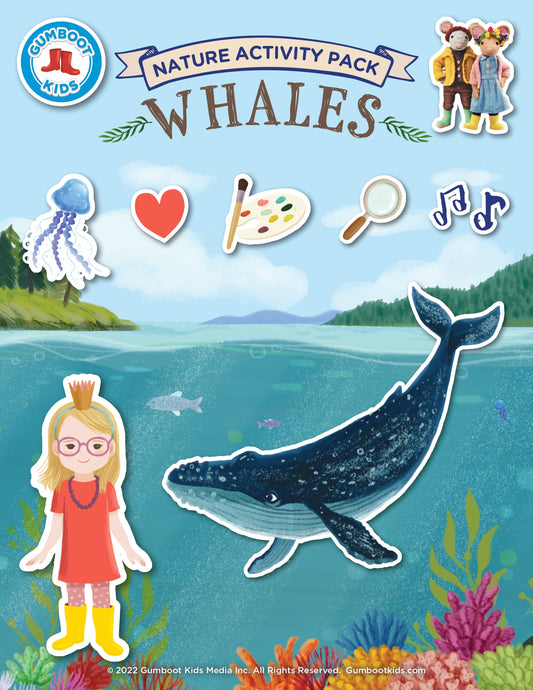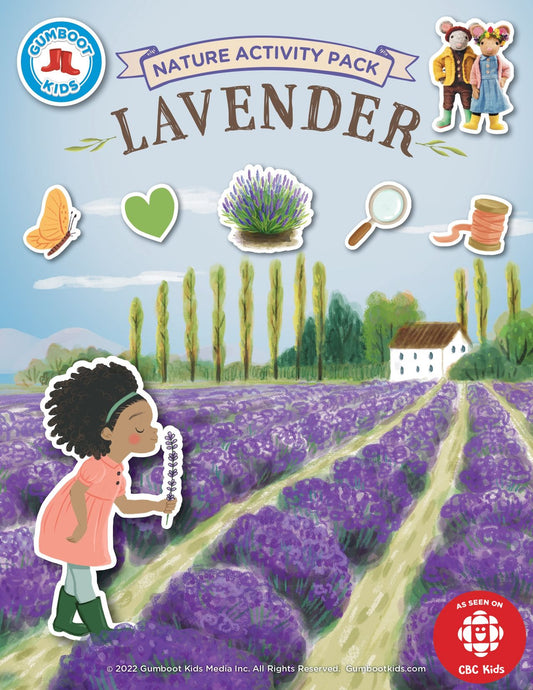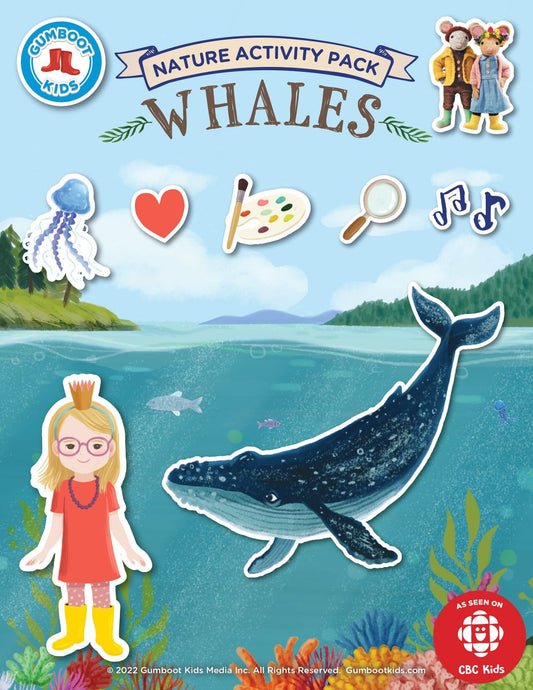Research has shown that being in nature can have a positive impact on children with dyslexia. Dyslexia is a learning disorder that affects reading and language processing skills. Children with dyslexia may struggle with focus, attention, and processing information, which can make traditional classroom learning challenging.
Nature can offer a sensory-rich environment that can help children with dyslexia engage their senses and improve their cognitive functioning. For example, hiking on a nature trail can provide a multisensory experience with sights, sounds, and textures that can help build neural connections in the brain.
Studies have also shown that exposure to natural settings can improve attention and reduce symptoms of ADHD, which is a common co-occurring condition with dyslexia. Additionally, being in nature can help reduce stress and anxiety levels, which can also benefit children with dyslexia who may feel overwhelmed or anxious about their academic struggles.
Nature-based activities such as gardening, bird-watching, or exploring nature can also provide hands-on learning experiences that can help children with dyslexia develop skills such as problem-solving, critical thinking, and creativity.
Overall, being in nature can provide a unique and beneficial learning environment for children with dyslexia, supporting their cognitive, emotional, and social development.




